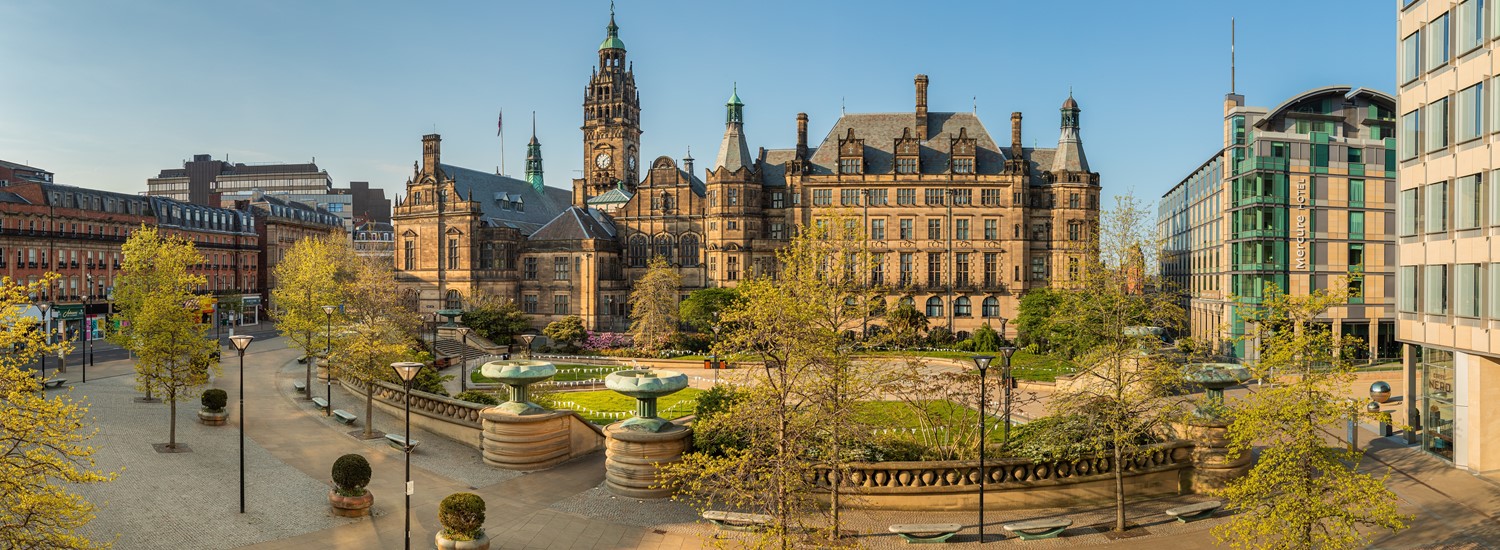Over the last two years, Sheffield, as well as the rest of the world, has been placed under great strain as a result of the pandemic.
Sheffield has seen greater demands on health and social care services as well as an unprecedented increase in public spending.
The Covid pandemic also significantly reduced income coming into the Council, such as Council Tax, Business Rates and car parking. Although levels are recovering, overall they remain below the levels we were forecasting for 2022/23 before the pandemic.
As a Council we have remained dedicated to providing all the best services for residents despite the constraints of the pandemic. But, returning services to as close to pre-pandemic levels has proved extremely challenging.
Following a public consultation, we have set out Sheffield’s 2022/23 budget.
The Council initially estimated it could face a total of £82million in additional costs for 2022/23.
What have we done to tackle the budget?
The Council has identified £53m of additional income, reduced costs and identified ways to control spending.
In addition, we have introduced cost controls and a voluntary redundancy scheme which aims to reduce the Council’s workforce by more than 160 people.
What do we plan to do going forward?
The Council is now forced to fill the £14.5million budget gap with financial reserves. This is only the second time since 2010 that reserves have been used to balance the budget.
Using one-off reserves to balance the budget is only a short-term solution and going forward the council will be continuing to address the underlying imbalance and trying to reduce the gap.
The budget plans also include an increase in Council Tax to help close the gap and continue to deliver much-needed Council services.
This year’s Government Spending Review allows councils to increase Council Tax by up to 1.99% with an additional 1% precept to help cover adult social care costs. This will see a total increase of 2.99% applied, raising an extra £7million. The Council will be adding an extra £200,000 to the Hardship Fund to continue supporting financially disadvantaged residents affected by this.
The Spending Review also highlighted there will be no specific additional funding given to Sheffield to tackle the ongoing impact of Covid in the city. Instead, local authorities, including Sheffield City Council, can expect a share of £1.6billion general extra funding for councils for 2022/23.
We anticipate that Sheffield City Council will receive £19million, which is not enough to close the budget gap and does not compensate Sheffield, and other local authorities, sufficiently for ten years of reducing ‘austerity’ funding between 2010 and 2020, spiralling costs or to mitigate the longer-term impacts of Covid-19.
While the Council tries to find areas it can create savings, we also continue to lobby Central Government for more financial support for Local Authorities.
The pandemic has placed an enormous strain on Sheffield’s budget, but a decade of sustained funding cuts has also resulted in a £211m (29%) reduction in core spending power in Sheffield – working out as a £828 reduction per dwelling.
Cllr Cate McDonald, Executive Member for Finance and Resources, said: “While we face a truly challenging budget, we as a Council are continuing to maintain critical services for the citizens of Sheffield – looking after the elderly, safeguarding vulnerable children, maintaining the city’s streets and providing services such as waste collection, parks and environmental health that we all rely on.
“We are committed to putting residents at the heart of services and learning lessons from the challenges we have all faced from the pandemic while also sticking to our pledge of becoming a Net Zero city by 2030.
“Everyone at the Council has taken the necessary steps to reduce budgets and find much needed savings to ensure we can continue to meet needs, especially our social care responsibilities.
“After a decade of budget cuts we have become all too familiar with having to find savings in order to maintain vital services for our residents and we will continue to lobby Central Government for necessary financial support.”
What did residents tell us they wanted?
People in Sheffield were consulted on initial budget options for 2022/23. Respondents said they backed investment in social care, education, and public health.
The majority of respondents supported the proposed increases to Council Tax and the Adult Social Care Precept but noted their concerns about the pressure on household budgets due to rising energy prices.
As well as the online survey, teams across the council have been speaking with residents and service users about the proposals. As part of our budget approach, we have also been talked with the business community as well as voluntary, community, and faith groups from Sheffield.
The 2022/23 Budget will be presented for scrutiny on February 10, before going to Co-operative Executive on February 16.


